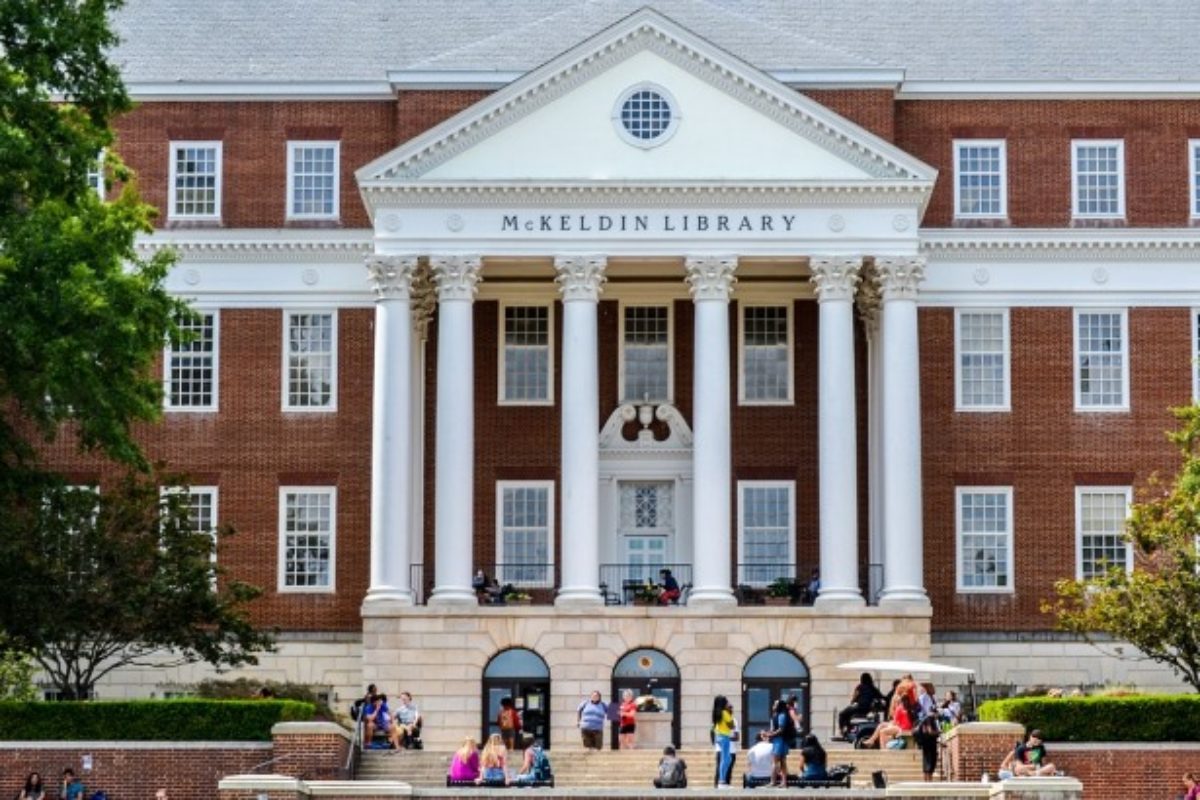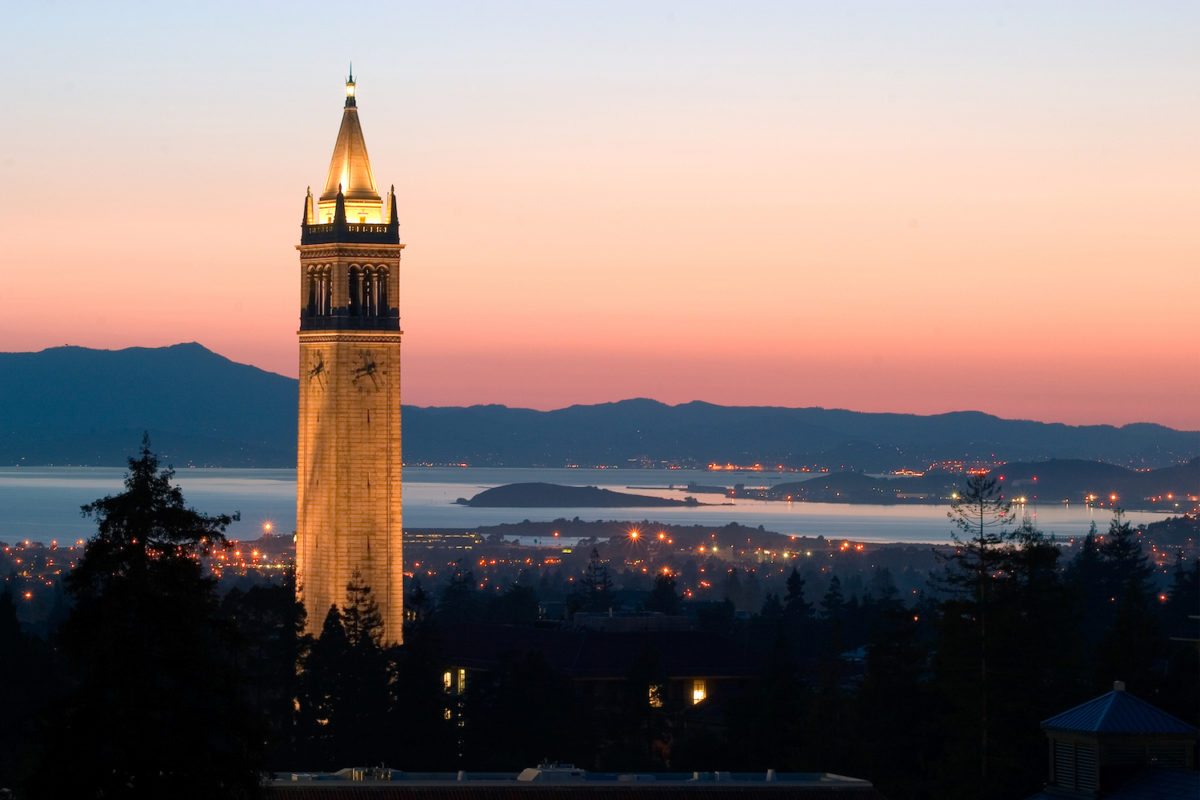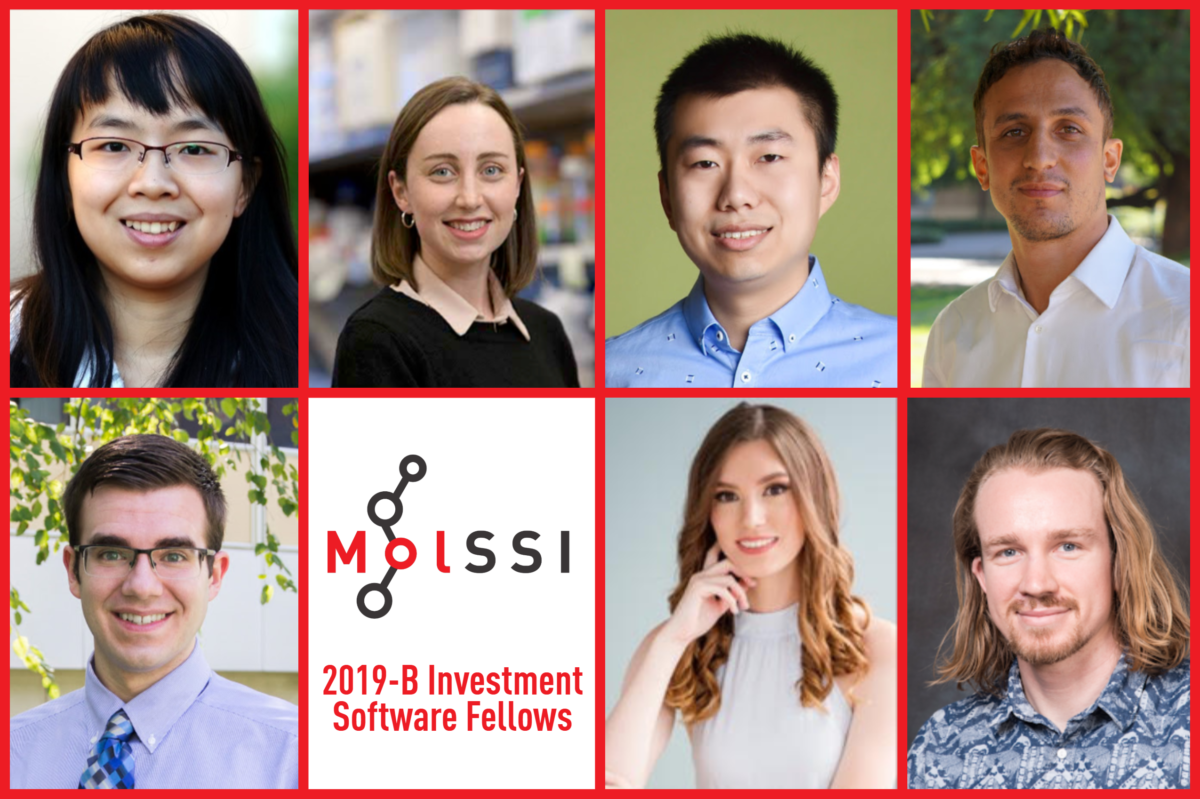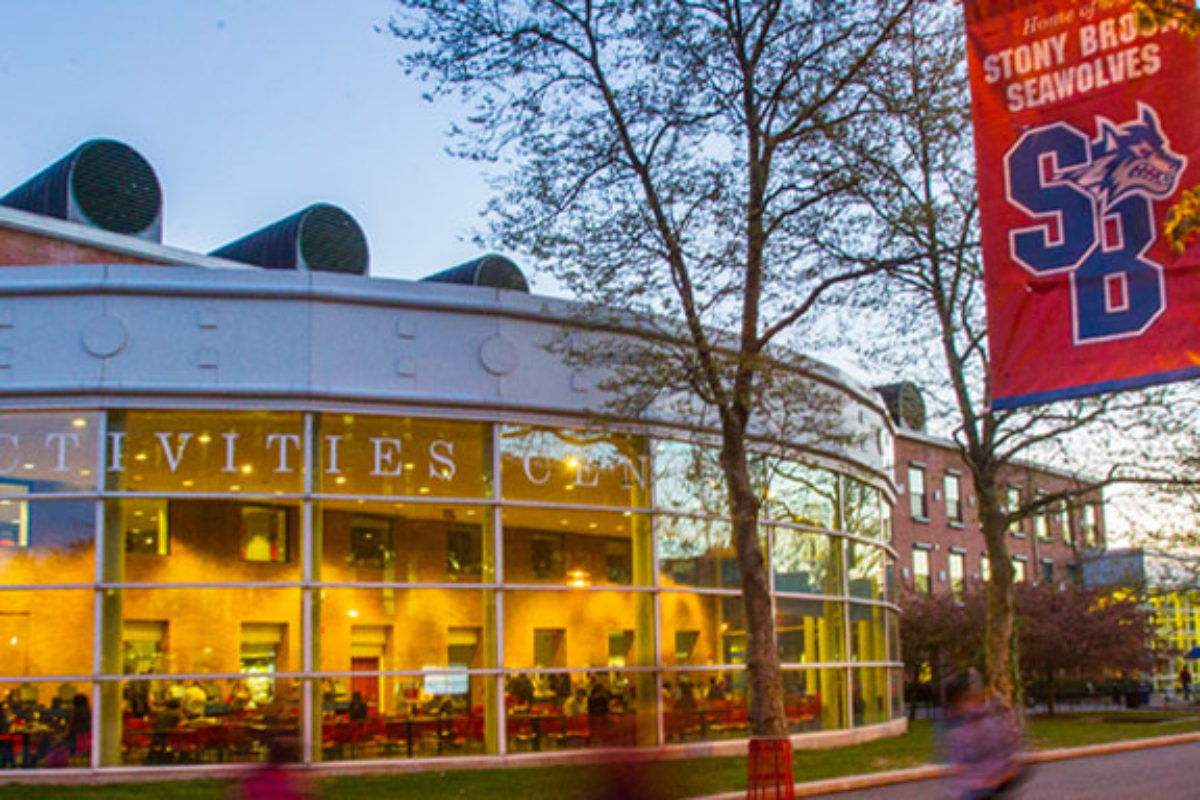APPLICATION DEADLINE EXTENDED: 2020 Software Fellowship Competition
The Molecular Sciences Software Institute (MolSSI) is pleased to announce the latest Software Fellowship competition, with the application deadline extended for one week to October 8. These prestigious fellowships recognize advanced graduate students and postdocs pursuing the development of software infrastructure, middleware, and frameworks that will benefit the broader field of computational molecular sciences, including […]

MolSSI Workshop: Rovibrational Molecular Spectroscopy
Organizers: Bill Poirier (Texas Tech), Attila Császár (Eötvös Lorand U.), Jonathan Tennyson (University College London) Location: MolSSI Headquarters, Blacksburg, Virginia Dates: 14-15 November 2019 Increasingly, cutting edge molecular science has come to rely on large-scale international and interdisciplinary collaboration, shared infrastructure, and large multi-user facilities such as space telescopes and massively parallel supercomputers. These efforts, in turn, lead […]
The MolSSI QCArchive Blog
The MolSSI QCArchive project is a platform to compute, organize, and share large-scale quantum chemistry data. The QCArchive team has developed many new technologies aimed to help the computational molecular sciences community and have overcome several challenges as well. To share their experience, the QCArchive team has begun blogging about the project to share technical details, […]

MolSSI Workshop: Machine Learning and Chemistry: Challenges on the Way Forward
Organizers: Pratyush Tiwary (U. Maryland), Olexandr Isayev (Carnegie Mellon U.), Adrian Roitberg (U. Florida) Location: College Park, Maryland Dates: 16-18 November 2019 In recent years, the field of machine learning (ML) has seen an incredible surge in interest. From image classifiers to board games, ML and big data and internet are making large impacts in nearly every field. […]

MolSSI Workshop: Molecular Dynamics Software Interoperability
Organizers: Matthieu Chavent (IPBS, Toulouse, France), John Chodera (MSKCC, New York, USA), Karmen Čondić-Jurkić (MSKCC, New York, USA), Erik Lindahl (KTH, Stockholm, Sweden), Jean-Phillip Piquemal (Sorbonne Université, Paris, France) Location: Brooklyn, New York Dates: 3-5 November 2019 There are now multiple well-established packages to perform molecular dynamics (MD) simulations (AMBER, CHARMM, GROMACS, NAMD, OPENMM, TINKER, etc.), each with […]

MolSSI Workshop: Software for Advanced Potential Energy Surfaces
Organizers: Teresa Head-Gordon (U.C. Berkeley) and Susan B. Sinnott (Penn State U.) Location: Berkeley, California Dates: 1-2 August 2019 Advanced potential energy surfaces, defined as classical or reactive chemistry treatments beyond widely available classical fixed charge pairwise-additive force fields, are encountering software-related obstacles that inhibit their application to grand challenge chemistry problems: computational cost of […]

MolSSI Workshop: The Open Molecular Science Cloud in Perugia and Rome, Italy
The MolSSI was pleased to sponsor a select number of graduate students and postdocs from the U.S. to participate in a workshop on cloud computing in the molecular sciences. The workshop had two components: A symposium and hands-on training event September 2-5, 2019, at the Hotel GIO in Perugia, Italy A project writing workshop September 5-6, […]

Congratulations to the 2019-B MolSSI Seed Software Fellows!
After reviewing nearly 40 impressive applications, the MolSSI is pleased to announce that the Science and Software Advisory Board has chosen the winners of the 2019-B Seed Software Fellowships! They are: Jennifer Clark, North Carolina State Samuel Greene, University of Chicago Sina Mostafanejad, Florida State University Dr. Janos Sarka, Texas Tech University Nicholas Stair, Emory […]

Congratulations to the 2019-B MolSSI Investment Software Fellows!
After reviewing nearly 40 impressive applications, the MolSSI is pleased to announce that the Science and Software Advisory Board has chosen the winners of the 2019-B Investment Software Fellowships! They are: Giuseppe Barbalinardo, University of California, Davis Dr. Hannah Bruce Macdonald, Sloan Kettering Cancer Center Bradley Dice, University of Michigan Lauren Koulias, University of Washington […]

Summer School and Workshop 2019: Parallel Computing in Molecular Sciences
Summer School The parallel computing in molecular sciences summer school is focused on educating and training a new generation of graduate students and postdocs in molecular sciences in advanced high-performance parallel computing skills on the computing architectures of today and tomorrow, exposing the next generation of science leaders to the state-of-the-art high-performance scientific computing on […]
